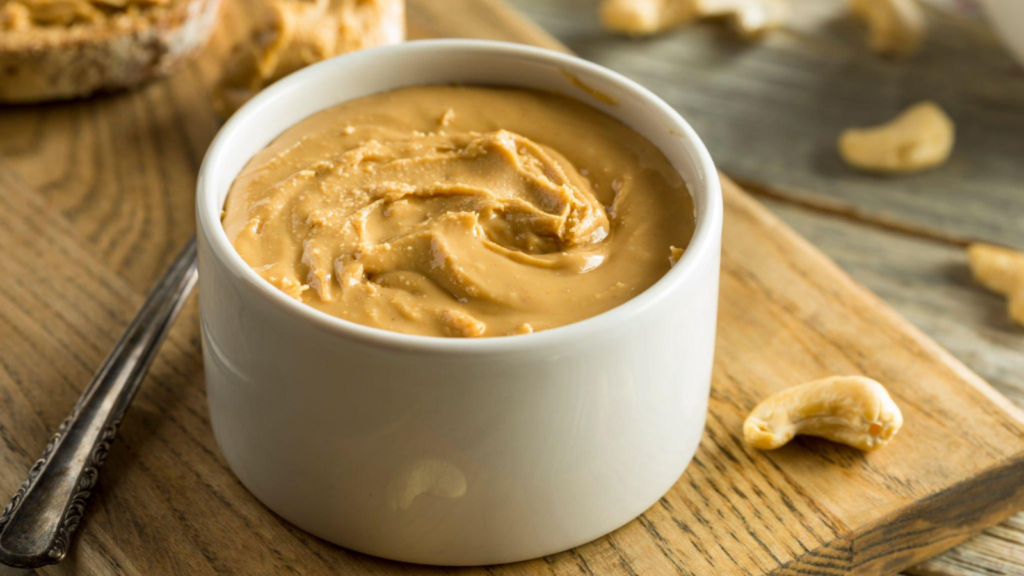Dry fruits are a staple in many diets around the world, celebrated not only for their delightful taste but also for their impressive health benefits. These nutrient-dense snacks are often incorporated into a variety of dishes or enjoyed on their own, making them a versatile addition to any diet. This blog will explore the names of various healthy dry fruits, their nutritional benefits, and how they can enhance your overall well-being.
What Are Dry Fruits?
Dry fruits, also known as dried fruits or nuts, are fruits that have had most of their water content removed, either through drying methods like sun drying, air drying, or mechanical drying. This process concentrates their flavors and nutrients, making them a powerhouse of energy and essential nutrients.
Nutritional Benefits of Dry Fruits
Dry fruits are rich in vitamins, minerals, and antioxidants. They provide a concentrated source of energy, making them an excellent snack option. Here are some key benefits:
- Rich in Nutrients: Dry fruits are loaded with essential vitamins and minerals, such as vitamin E, magnesium, potassium, and iron.
- High in Antioxidants: They contain antioxidants that help combat oxidative stress and reduce the risk of chronic diseases.
- Heart Health: Many dry fruits, like almonds and walnuts, are known to support heart health by lowering bad cholesterol levels and reducing inflammation.
- Digestive Health: The fiber content in dry fruits aids digestion and helps maintain a healthy gut.
- Weight Management: Despite being calorie-dense, dry fruits can help in weight management due to their high fiber and protein content, which promote satiety.
Common Healthy Dry Fruits
Here’s a list of some of the most popular and healthy dry fruits, along with their benefits:
1. Almonds (Badam)
Almonds are one of the most popular dry fruits, known for their heart-healthy monounsaturated fats, fiber, and vitamin E. They are great for snacking and can also be added to various dishes.
2. Cashews (Kaju)
Cashews are creamy and delicious, offering a rich source of healthy fats, protein, and essential minerals like zinc and magnesium. They are versatile and can be used in both savory and sweet recipes.
3. Walnuts (Akhrot)
Walnuts are recognized for their high omega-3 fatty acid content, which is beneficial for brain health. They also contain antioxidants that promote skin health and reduce inflammation.
4. Raisins (Kishmish)
Raisins are dried grapes packed with iron and dietary fiber. They are natural energy boosters and can help improve digestion and maintain healthy hemoglobin levels.
5. Dates (Khajoor)
Dates are a natural sweetener rich in potassium, fiber, and essential minerals. They provide sustained energy and support digestive health.
6. Pistachios (Pista)
Pistachios are protein-rich and contain antioxidants that promote heart health. They are also known to aid in weight management.
7. Prunes (Sukha Aloo Bukhara)
Prunes are excellent for digestion due to their high fiber content. They also provide vitamin K, which is important for bone health.
8. Figs (Anjeer)
Figs are high in dietary fiber and essential minerals like calcium and potassium, making them beneficial for digestive health and bone strength.
9. Fox Nuts (Makhana)
Fox nuts are low in calories and high in protein. They are known for their health benefits, including aiding in weight management and improving kidney health.
10. Cranberries (Karonda)
Cranberries are rich in antioxidants and vitamin C, which boost immunity and support urinary tract health. Their tart flavor adds a unique taste to dishes.
How to Incorporate Dry Fruits into Your Diet
Incorporating dry fruits into your daily diet can be both easy and enjoyable. Here are some ideas:
- Snacking: Enjoy a handful of mixed dry fruits as a healthy snack between meals.
- Breakfast: Add chopped dry fruits to your oatmeal, yogurt, or smoothies for added flavor and nutrition.
- Baking: Use dry fruits in baking recipes, such as muffins, bread, and energy bars.
- Salads: Toss dry fruits into salads for a sweet crunch.
- Cooking: Incorporate dry fruits into savory dishes, such as pilafs and curries, for added depth of flavor.
Conclusion
The world of dry fruits is vast and varied, offering a delightful range of flavors and textures along with numerous health benefits. From almonds to cranberries, each dry fruit brings its unique nutritional profile to the table. By incorporating these healthy dry fruits into your diet, you can enhance your overall well-being while enjoying delicious snacks and meals. Embrace the goodness of dry fruits and make them a regular part of your healthy lifestyle.


